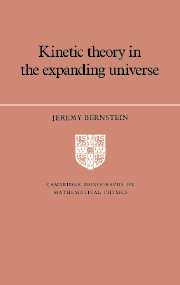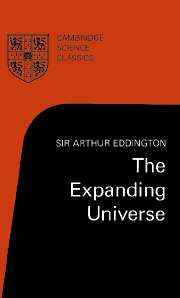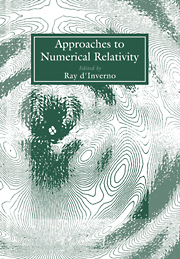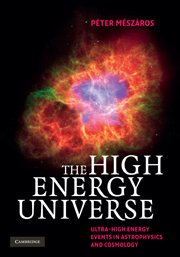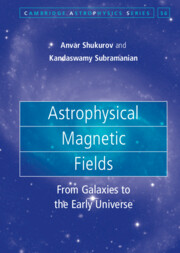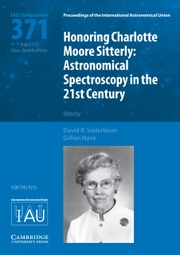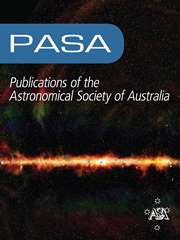Kinetic Theory in the Expanding Universe
This graduate/research level text is a self-contained exposition of the applications of kinetic theory to basic problems in modern cosmology, such as the role of stable and unstable massive neutrinos and the theory of cosmological helium production. There has been rapid development of the theory of the origin and evolution of the universe in recent years, stimulated in large part by new observations and theories in astrophysics and particle physics. This book takes a different approach and studies what can be concluded from the application to cosmological problems of kinetic theory and, in particular, the Boltzmann equation and its solutions. The book begins with a brief survey of the necessary relativity, cosmodynamics, and kinetic theory, before going on to discuss specific problems, such as the role of stable and unstable massive neutrinos, electron-poritron annihilation, and the theory of cosmological helium production. The focus is in obtaining both theoretical understanding and concrete numerical results.
Reviews & endorsements
"The book is of great interest for relativists, cosmologists, astrophysicists and particle physicists, as well as for theoretical physicists or mathematicians in general."
Gheorghe Zet, MATHEMATICAL REVIEWS
Product details
August 1988Hardback
9780521360500
160 pages
229 × 152 × 13 mm
0.41kg
Available
Table of Contents
- Preface
- 1. Tools: relativity
- 2. Tools: cosmodynamics
- 3. Tools: kinetic theory
- 4. The canonical example
- 5. The generalized Lee-Weinberg problem: background
- 6. The generalized Lee-Weinberg problem: examples
- 7. Unstable particles
- 8. The recombination regime
- 9. Cosmological helium production
- Appendixes
- References
- Index.

